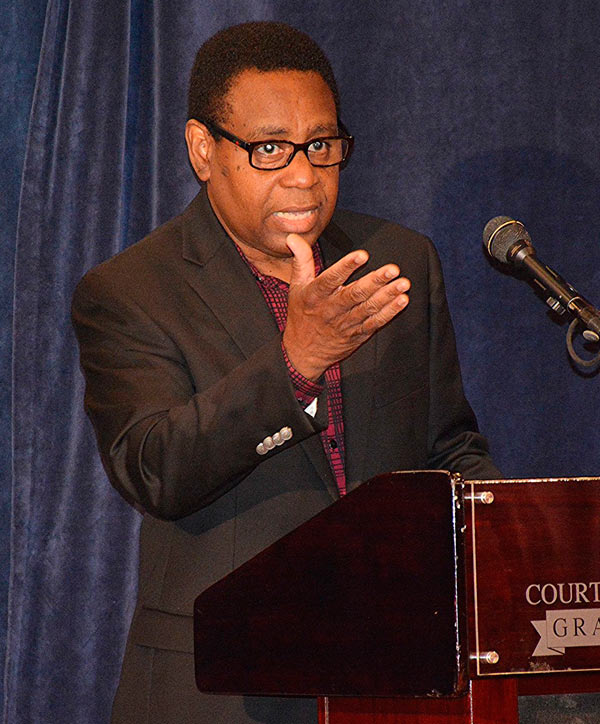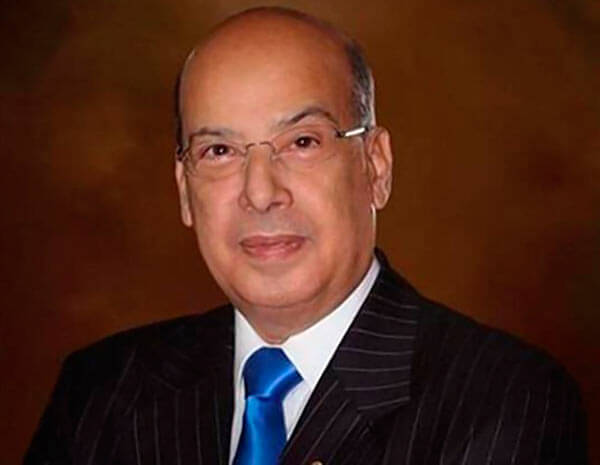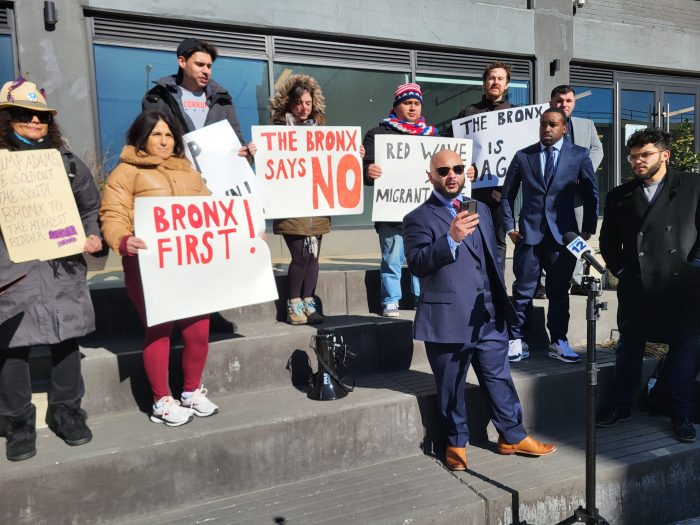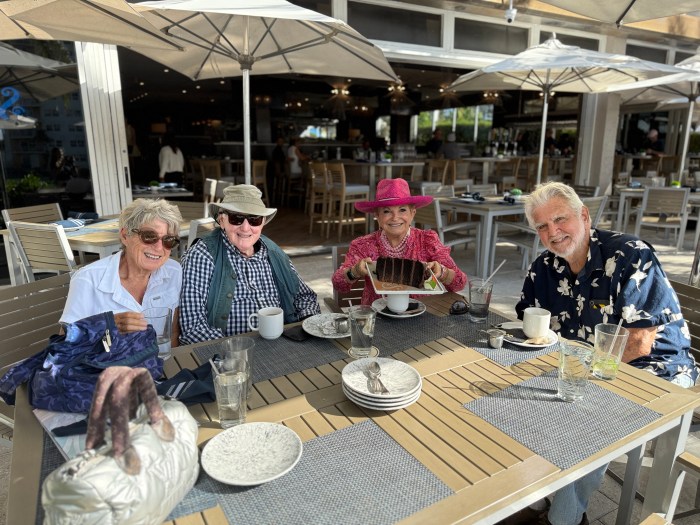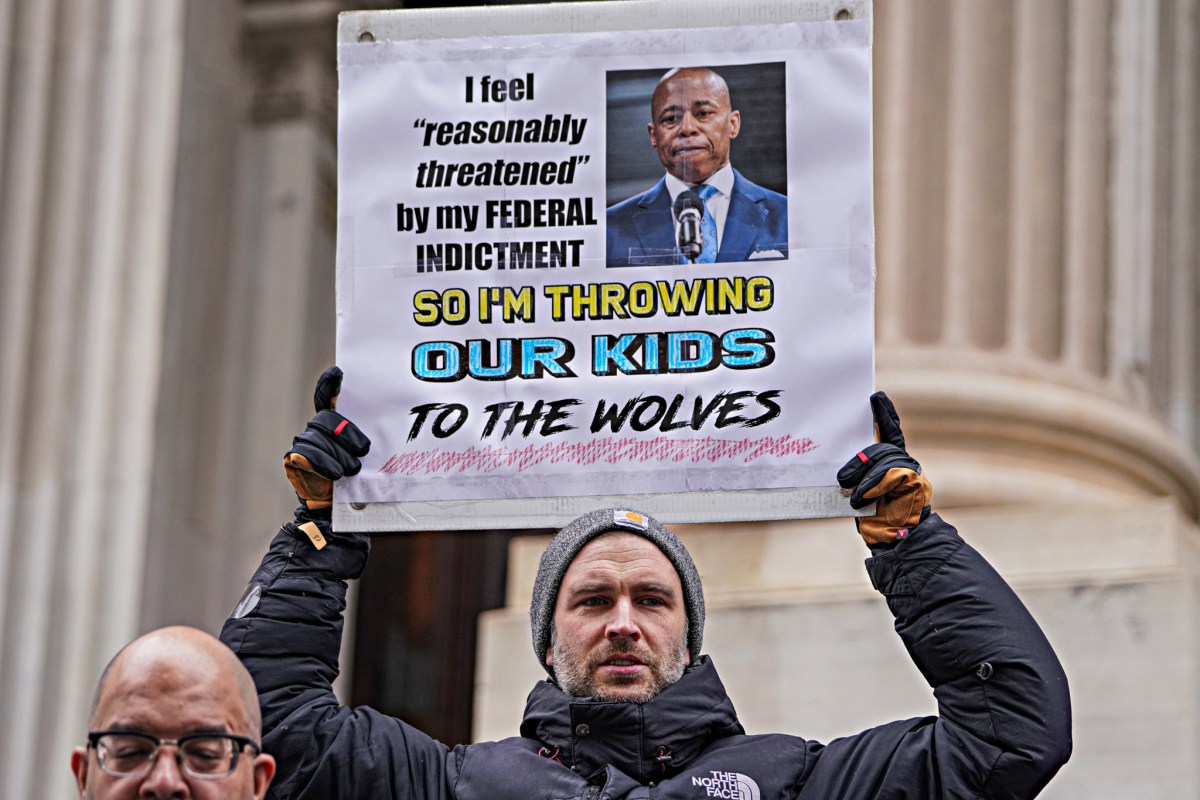Antigua
Antigua and Barbuda Prime Minister Prime Minister Gaston Browne announced that his government has decided to appoint a special investigator to look into bribery and money laundering allegations against United Progressive Party (UPP) candidate Dr. McCheseny Emmanuel in the March 21 general elections.
Emanuel has denied the fraudulent allegations saying the people making the allegations are on a smear campaign because he is likely to defeat his constituency opponent Charles Max Fernandez.
Speaking on local radio, Browne said the authorities in the United States may have a case against Dr. Emmanuel.
He said the Dr. Emmanuel maybe in violation of the laws of Antigua and Barbuda as well.
Browne said that Cabinet has taken a decision to appoint a special investigator to investigate this matter and to turn it over to the director of public prosecutions (DPP) and other law enforcement officers to pursue it. Because there is a prima facie evidence of a bribe and money laundering.
The prime minister also alleged corruption after revealing that the UPP administration allegedly spent more than one million dollars a year for an office for an honorary consul in the United States:
Dr. Emmanuel served as Antigua and Barbuda’s honorary counsul in New York from 2004 to 2014.
Barbados
The Governor of the Central Bank of Barbados, Cleviston Haynes, said that initial estimates suggest that economic activity in Barbados expanded by only one percent in 2017.
He said the current forecasts do not indicate any acceleration of economic growth.
Haynes was at the time addressing the 2018 Week of Excellence Seminar in Barbados.
He said in recent years, the Barbados economy has been characterized by sluggish economic activity, weak public finances, high public sector indebtedness and declining foreign exchange reserves.
The Central Bank governor told the seminar that the island’s credit rating has fallen and access to finance for government in both domestic and foreign markets has declined.
Haynes noted that while economic activity has recovered in the past two years, growth remains weak, as evidenced by the bank’s initial estimates that suggest that activity expanded by one percent in 2017.
Cayman Islands
Outgoing Governor of the Cayman Islands, Helen Kilpatrick has called on the British Overseas territory to address the lack of recognition of lesbian, gay, bisexual and transgender (LGBT) rights.
Kilpatrick, who is due to leave the Cayman Islands shortly, said the Foreign and Commonwealth Office wants the government to adopt legislation in the territory to prohibit discrimination against the LGBT community, saying that it is time to recognize same sex partnerships.
She said there is need for legislation, and particularly the recognition of same sex partnerships, is now pressing and “I would urge the government to make progress on this legislation to advance the rights of LGBT members of the Cayman Islands community.”
Dominica
The government of Dominica will soon sign an agreement with Cuba for l00 skilled workers, including engineers in the reconstruction of the hurricane-ravaged island.
Prime Minister Roosevelt Skerrit is also appealing to nationals living overseas with such skills to return and assist in rebuilding the island.
He said five months after Hurricane Maria lashed the island, killing some 30 people and causing widespread damage, there was still the need for skilled workers to help homeowners put a roof over their heads.
Skerrit said the government is finalizing an agreement with Cuba where more than 100 skilled workers (men and women) will be brought into Dominica to help fix the homes and reconstruct the country.
He said among the skilled workers are some 30 electricians to help in re-wiring of homes across Dominica.
The prime minister also surged nationals with various skills residing overseas to assist, adding that many contractors have said to the government that they are experiencing challenges recruiting skilled workers.
Jamaica
The Jamaica government is seeking to speed up the approval for licenses to be issued to stakeholders in the local marijuana industry.
Industry Minister Karl Samuda said the industry has not progressed as anticipated.
Samuda said many stakeholders were of the view that the approval process was too “cumbersome” and “lends itself to unnecessary bureaucracy and delay and is hoping for some significant changes.”
He noted that while two licenses has been approved and the licensees have started production there is a lot more that can be done if some of the bureaucracy is removed.
Samuda, who is also Agriculture Minister, pointed out that one of the challenges being experienced by the sector is the lack of funding, noting that local financial institutions are unwilling to support any of the industry’s activities due to what is deemed the informal nature of the business.
The minister added that the Cannabis Licensing Authority’s role in the industry’s overall development is to be strengthened.
St. Kitts
The St. Kitts and Nevis government has denied international media reports that India fugitive billionaire diamond czar Nirav Modi has applied for economic citizenship in the twin-island Federation.
Modi is wanted in connection with the biggest fraud in India history.
In a statement, the government said it has come to its attention that “media reports out of India are promulgating the false claim that Nirav Modi, his wife Ami and his uncle Mehul Choksi have applied for economic citizenship in the twin-island Federation of St. Kits and Nevis.”
“The government of St. Kitts and Nevis repudiates this allegation and states on the record that Mr. Modi is not a citizen of St. Kitts and Nevis, and neither his wife and uncle,” the statement said.
The India government recently revoked the Indian passport of Modi and an Indian newspaper has claimed he has since moved to the Caribbean island in a bid to evade arrest.
Punjab National Bank (PNB), India’s second largest government-owned lender, has said that the quantum of fraud uncovered at one of its Mumbai branches last month is expected to rise to over US204 billion from US$1.77 billion estimated until now.
Trinidad
The Trinidad and Tobago government and opposition came together in the House of Representatives to pass the controversial Anti-Gang Bill 2018.
Both members of the government and the opposition voted in favor of the bill, which will now go to the Senate for final approval.
The Anti-Gang Bill 2017 was defeated in Parliament last year after the opposition did not lend its support over the sunset clause which the opposition wanted two years but the government wanted five years.
The bill was allowed to return to Parliament after Attorney General Faris-al-Rawi moved the suspension of Standing Order 78 to permit the introduction of the bill.
The Anti-Gang Bill would give the police some help in the fight against criminals.
The bill carries a stiff penalty of l0 years in prison for a first conviction and 20 years for any subsequent conviction.
There are more than 210 gangs in T&T with a membership of more than 2,000 members in Trinidad and Tobago.
— Compiled by Azad Ali


